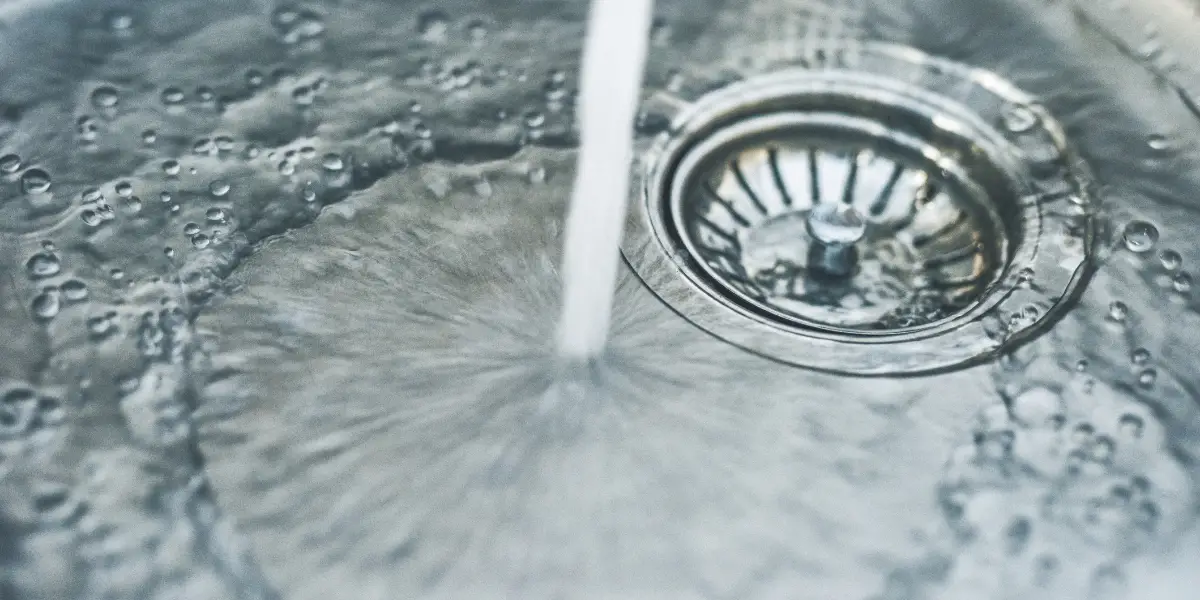Our research demonstrates that the data-driven insights provided by smart meters can play a crucial role in early leak detection, helping providers meet Ofwat’s reduction targets and answering Mr Lovell’s call to tackle their levels of leakage
During a Lords Select Committee hearing last week, Environment Agency chair Alan Lovell called for a universal smart meter rollout to help drive down water usage and tackle looming supply shortages. He also suggested that legislation is needed to address our country’s water scarcity issue, recognising the essential role that smart meters provide in helping both water providers and consumers manage water usage.
This acknowledgement is supported by recent research, undertaken by Frontier Economics with Artesia and commissioned by Arqiva, that shows an Advanced Metering Infrastructure (AMI) rollout can deliver up to a £2.2bn net benefit across England and Wales.
Unlocking leakage efficiency
 Our research demonstrates that the data-driven insights provided by smart meters can play a crucial role in early leak detection, helping providers meet Ofwat’s reduction targets and answering Mr Lovell’s call to tackle their levels of leakage. A fully integrated system of smart meters, communications networks, and data management systems provide valuable data and insights to water companies by constantly communicating up to date, regular readings.
Our research demonstrates that the data-driven insights provided by smart meters can play a crucial role in early leak detection, helping providers meet Ofwat’s reduction targets and answering Mr Lovell’s call to tackle their levels of leakage. A fully integrated system of smart meters, communications networks, and data management systems provide valuable data and insights to water companies by constantly communicating up to date, regular readings.
Data from network connected AMI meters is typically delivered in hourly intervals. When this increasing data lake is layered with AI, water companies can turn data into insights with visualisations leading to prioritisation of actions. From a faulty toilet to a burst pipe, water companies can not only identify leaks quickly, but also understand the type of leak that is happening, prioritising them by size, progression, longevity or other measures and act quickly to fix them.
Enriching customer conversations
Most of us are conscious about the way we dispose of our recycling and waste, our use of energy of course is also paramount in our minds. However do we all stop to think about how much water we use and how much is wasted?
We are all in this together, and alongside providers and government, we as consumers also have a role to play. Mr Lovell is right in his assertion that consumers must realise ‘the value of water’. Most of us are conscious about the way we dispose of our recycling and waste, our use of energy of course is also paramount in our minds. However do we all stop to think about how much water we use and how much is wasted?
It can be difficult for consumers to take action to reduce their usage when they have little idea what ‘normal usage’ should look like in the first place. Most people have no idea how much water they use every day because it can be really hard to conceptualise. Fortunately, as smart meter networks continue to grow and generate vast amounts of data, this offers a great opportunity for consumer engagement.
By visualising water use, smart metering puts people in control of their own water habits. If people knew that just one hour of hosepipe use was equivalent to the same amount of water their entire family consumes over two days – they might reconsider their gardening patterns! It’s these metered insights that will help everyone to reduce water use and not just through enforced hosepipe bans when necessary or escalating costs.
Driving down bills
Fortunately from a consumer perspective, a compulsory smart meter rollout needn’t be underpinned by a rise in bills. In fact, our research shows that smart meter strategies can actually reduce them.
From a water company perspective, a move to billing by usage is not necessary for the business case to be positive when the benefits derived from reduced reading costs, leakage and consumption/demand reduction make a compelling case on their own.
Due to the valuable data delivered by smart meters, we found that companies are better able to target consumers with water efficiency audits. Thames Water, for example, used data analysis to improve the way in which it identifies and visits high consumption households, with the subsequent education leading to average sustained water savings of approximately £135 annually per household for three years. Thames was also able to use data from its AMI meters to help support vulnerable customers. With this data, Thames Water were able to identify and visit this customer group, helping them to manage their water consumption more effectively. Bill reductions of between 8% and 17% are achievable.
What’s more, our analysis found that for each £1 spent on metering by water providers, there could be a corresponding environmental benefit of £1.73 for society, the industry, and householders. The return on investment would mean water companies could incur lower total costs, which in turn would enable reduced water bills for households over time.
The secret to success
I fully understand Alan Lovell’s demand for a compulsory smart meter rollout, and support the notion that meters help providers to reduce leakage and address future water scarcity concerns. However, we shouldn’t need to raise bills as a mechanism to help consumers understand the value of water but use the insights created to help them reduce their usage.
Arqiva has found that providing continuous consumption data and leakage alerts, result in a highly effective engagement with customers helping them in the understanding of their water usage. For water companies this leads to better leak reduction performance and lower demand generation through personal consumption reduction initiatives - as evidenced by those companies who have already invested. It’s time to make smart meters compulsory AND drive down bills.
For more on this topic, watch the recording of Smart water metering: unlocking the benefits, hosted by CIWEM Water Resources Network
Views

New research: the risks and opportunities around smart water metering investments

New research: achieving the optimal smart water metering solution

Living with less: planning for a water-scarce future
